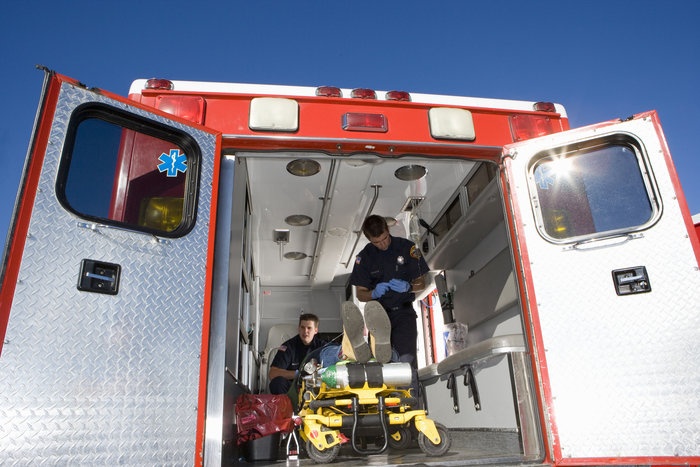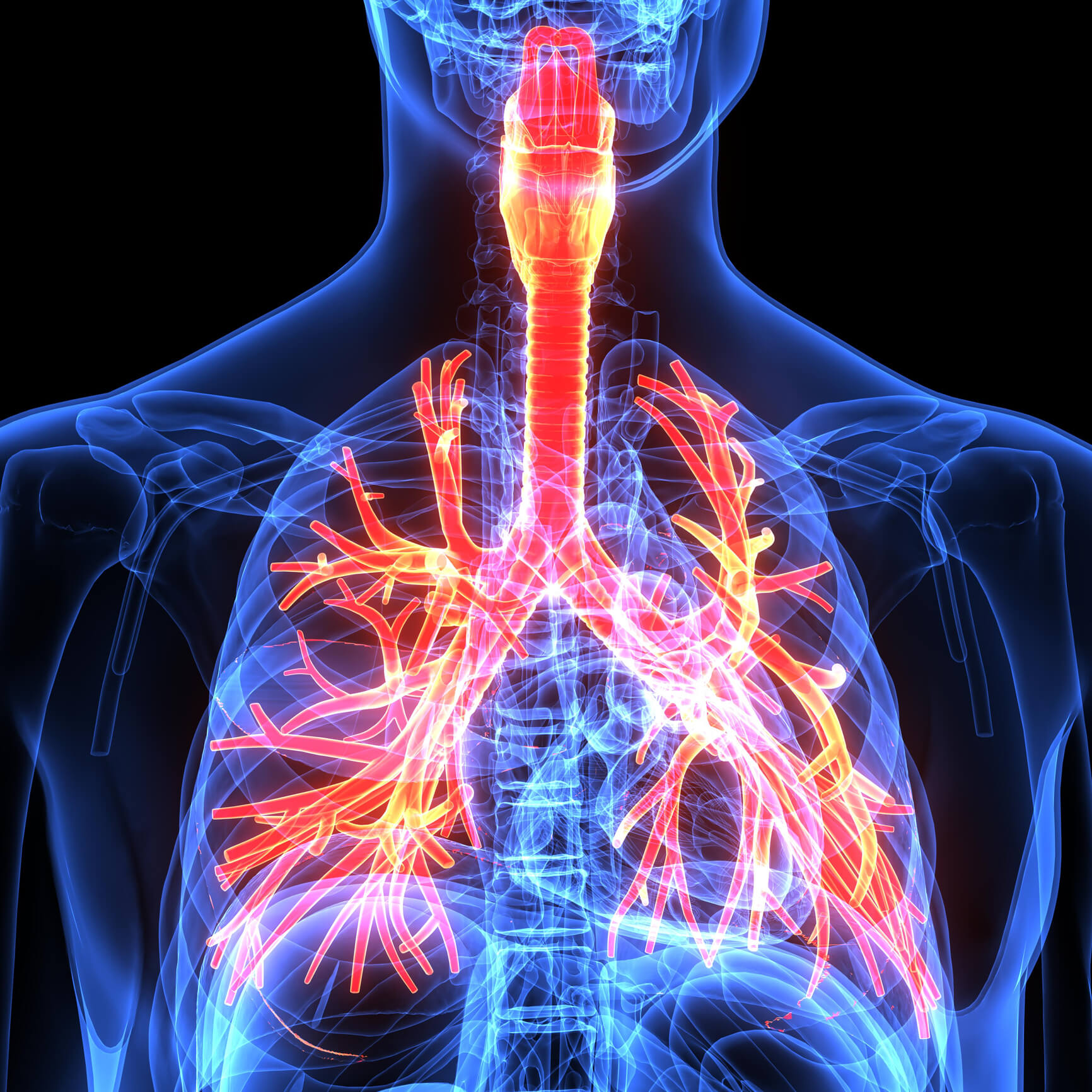Allergies, a minor cold, and the flu can all cause airway discomfort. Complications from these usually minor conditions can be dangerous, especially in vulnerable people such as the elderly and children. Also, serious conditions such as aspiration, partial obstructions, pneumonia, and other disorders may also trigger airway discomfort. As a first responder, it’s important to know when airway discomfort is a sign of a serious problem or just a passing symptom.






















